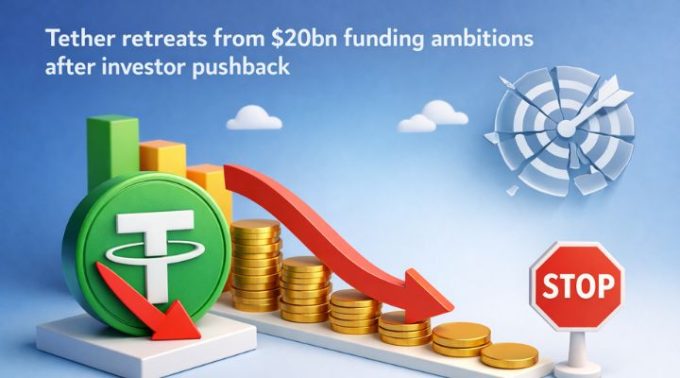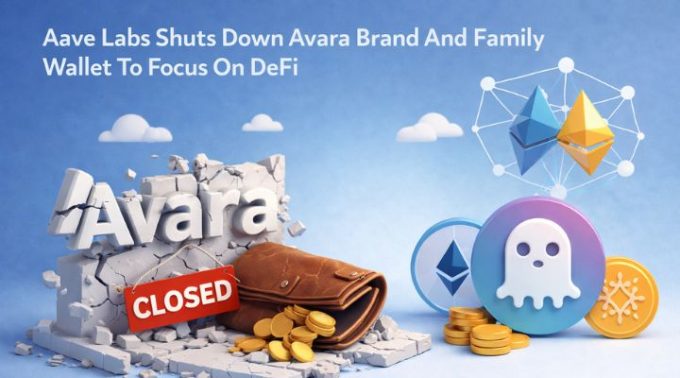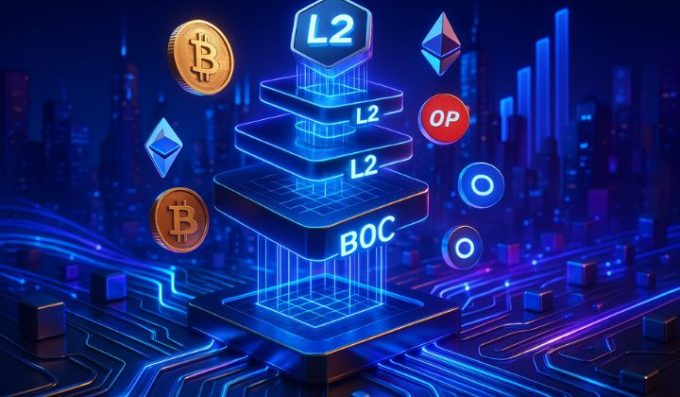Blockchain Technology: The Future of Cross-Border Payments
Traditionally, cross-border payments have been a time-consuming and costly procedure requiring many middlemen and significant transaction costs. With the introduction of blockchain technology, however, there has been a trend towards a more efficient and cost-effective method of processing these payments. Blockchain technology, also known as distributed ledger technology, is transforming cross-border money transfers. It uses encryption technologies to speed up the payment procedure.
What Are Blockchain Cross-border Payments ?
With the advent of blockchain technology and decentralised finance (DeFi), there is a growing need in the Web3 ecosystem for cross-border payments as more individuals and organisations want to deal with digital assets. Blockchain cross-border payments are transactions enabled by blockchain technology between parties from different countries. Historically, banking, and financial institutions supported cross-border payments, which frequently required the employment of a complicated network of middlemen such as correspondent banks and clearing houses. This might result in hefty transaction costs, lengthy processing times, and a confusing payment procedure.
Blockchain-based cross-border payments, on the other hand, attempt to remove middlemen, lower transaction costs, and boost transaction speed and security. Cross-border blockchain payments now provide speedier payment options for business-to-business and person-to-person blockchain transactions. They are proven to be game changers in international money transfers. As a result, international payments and settlements are a popular use for blockchain technology.
How Do Cross-border Payments Work Using Blockchain Technology?
Blockchain-based cross-border payments use the blockchain’s decentralised and secure features to permit transactions between participants in various countries using different currencies. Because of the novel design of blockchain- and ledger-based technologies, blockchain-based cross-border payments have benefits over traditional transnational payments and settlements.
Traditional international bank transfers between a sender and a destination are complicated and time-consuming since they are linked by a complex banking network and other financial services firms. The Society for Worldwide Interbank Financial Telecommunications (SWIFT) is a global messaging network used by conventional banks and financial institutions to safely and quickly transmit financial transaction information. SWIFT, on the other hand, faces its own issues, including high fees, limited access, and centralised control. Smart contracts, on the other hand, enforce blockchain cross-border payment transactions autonomously based on predefined rules. The absence of intermediaries leads in transactions that are transparent and quick.
Advantages Of Blockchain-Operated Cross-border Payments
Cross-border blockchain payments provide various advantages over traditional financial techniques, some of which are as follows:
- Faster Settlements:
Blockchain technology allows for near-instant cross-border payments, removing the need for intermediaries like banks or payment processors. Payments may now be completed in minutes rather than days, and funds can be transferred instantly between the sender and the receiver.
- Lower Costs:
Making these payments can be costly, with standard payment channels sometimes demanding hefty costs. However, by utilising blockchain technology, these fees may be drastically decreased. This is because blockchain transactions do not require middlemen, which can minimise the expenses associated with payment processing.
- Increased Transparency:
Blockchain technology creates a tamper-proof and transparent record of all transactions. This implies that both the sender and the receiver may trace the payment’s journey and confirm its validity. This openness reduces the danger of fraud while also increasing confidence in the payment process.
- Global Reach:
Because blockchain technology is a decentralised system, it is not bound to any country or government. This makes it a suitable alternative for these payments since it allows for worldwide payments without the requirement for sophisticated foreign exchange operations.
- Improved Security:
Blockchain technology secures transactions using sophisticated cryptographic algorithms. This basically eliminates the possibility of tampering with the transaction or stealing monies. This increased protection lowers the chance of fraud and boosts trust in the payment process.
Are Blockchain Cross-border Payments Safe?
The security-enhancing features of encryption, distributed ledger technology, and decentralisation underpin cross-border blockchain payments. Every network member has a copy of the distributed ledger, and each transaction is validated before being added to the distributed ledger via a consensus method. This makes changing the data or transaction records exceedingly difficult for a single person.
Besides, these technological principles, the majority of blockchain-based payment systems encrypt user data and private keys, which are necessary to access and move monies. This provides another layer of protection, making it more difficult for hackers and other hostile actors to get access to critical data.
Blockchain-based payment systems, like any other payment system, are not immune to all threats, and users must take care to protect their assets, such as employing strong passwords, two-factor, multi-signature verification, and safeguarding their private keys.
Conclusion
For cross-border payments, blockchain technology presents a viable alternative to existing payment methods. Blockchain-based payment systems have the potential to cut transaction costs, boost efficiency, and improve security by removing middlemen. This has enormous consequences for both organisations and customers, since it allows for faster, less expensive, and more secure transactions. As blockchain technology advances, it is expected to play a growing role in the future of these payments.
You need to login in order to Like
















